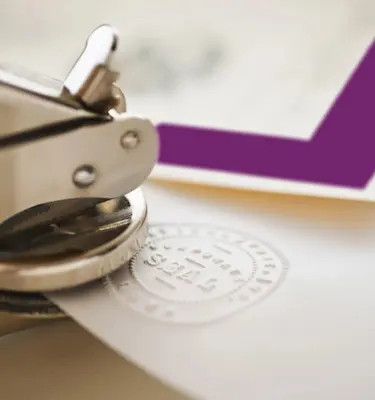To become a licensed CPA in the United States, candidates must generally earn 150 credit hours, gain one year of professional experience, and pass the CPA Exam. This universal pathway is accepted by 49 states, Puerto Rico, the District of Columbia, the U.S. Virgin Islands, and Guam — allowing CPAs to easily perform services across state lines, whether virtually or in person. This uniformity also assures the public that regardless of where CPAs practice, they will uphold the highest professional and ethical standards. In 2025, the profession's model law was updated to introduce a third, additional pathway.
Protecting CPA mobility
As CPAs and accounting firms look to the future, having the freedom to practice across state lines has never been more important. Learn how uniform licensing standards enable practice privileges, and use the AICPA’s mobility resources to navigate the evolving landscape.
What is professional mobility?
CPAs can practice anywhere in the country — virtually or in person — with just one state license. This benefit, known as mobility, is possible because most jurisdictions have uniform licensing standards. In the U.S., these requirements include education, professional experience, and a national exam.
What is professional mobility?
CPAs can practice anywhere in the country — virtually or in person — with just one state license. This benefit, known as mobility, is possible because most jurisdictions have uniform licensing standards. In the U.S., these requirements include education, professional experience, and a national exam.

A national framework
The Uniform Accountancy Act (UAA) provides states with regulatory language that protects the public and enables CPA mobility.
A national framework
The Uniform Accountancy Act (UAA) provides states with regulatory language that protects the public and enables CPA mobility.

Protecting the public
Universal licensing bills could have far-reaching consequences for both the profession and the public CPAs serve.

Protecting the public
Universal licensing bills could have far-reaching consequences for both the profession and the public CPAs serve.

Mobility FAQs
Learn about profession-wide initiatives to preserve practice privileges, and what any changes would mean for licensure candidates and CPAs.
How does mobility work?
What are the benefits of mobility?
A uniform mobility pathway allows CPAs to:
Easily practice across the country with just one state license
Avoid applying for multiple licenses and practice permits
Have the flexibility to work in person or remotely
Quickly serve new clients anywhere, anytime
Protect the public’s interest by promoting high-quality services
How is the AICPA advocating on the profession’s behalf?
The AICPA State Regulatory and Legislative Affairs Team continues to monitor the evolving landscape, and we are developing resources to help members and states navigate potential changes.